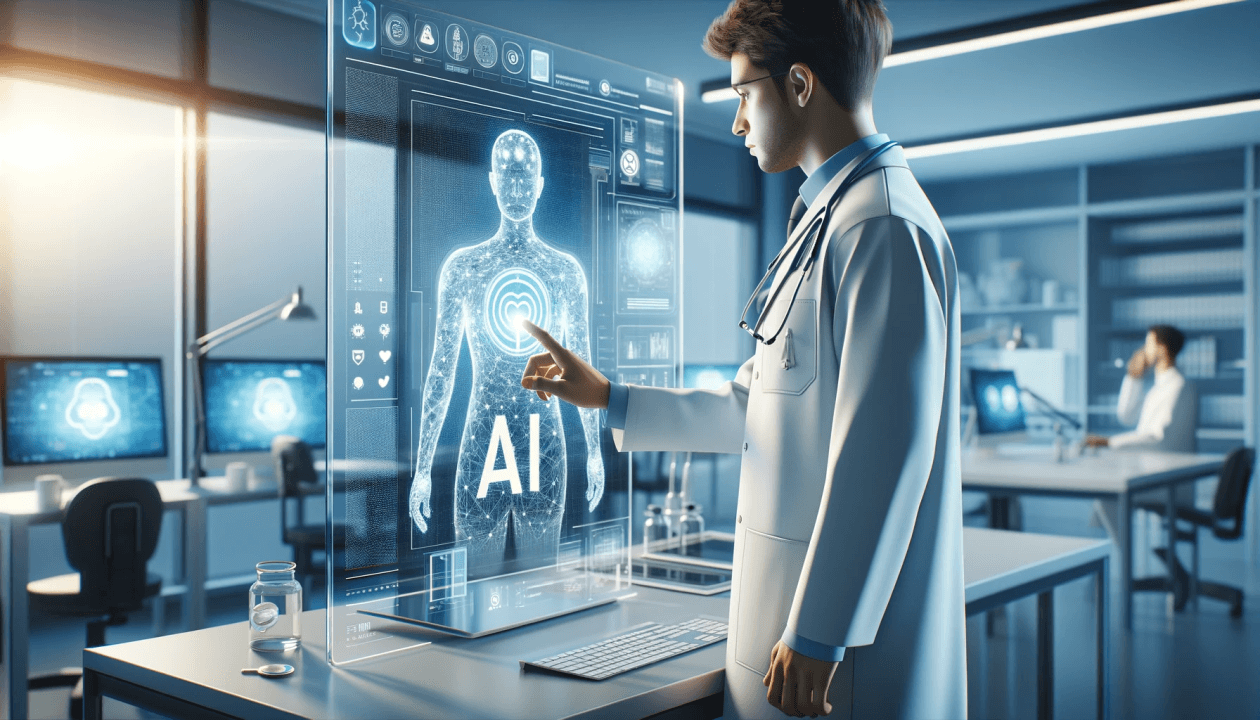Leading experts in the information technology sector have called for the rapid integration of artificial intelligence (AI) into Nigeria’s education, healthcare, and workforce development to enhance the country’s competitiveness in the global digital economy.
This call was made during a panel discussion at a high-level meeting on fostering an inclusive AI ecosystem in Nigeria, held on Monday in Abuja. The event was organized in collaboration with the Federal Ministry of Communications, Innovation, and Digital Economy, with support from Luminate, the Ford Foundation, and the MacArthur Foundation.
Speaking at the event, Yetunde Anibaba, a senior lecturer at the Lagos Business School, Pan-Atlantic University, emphasized the importance of utilizing AI in education across three key areas. She highlighted the need for an AI-compliant curriculum, the upskilling of teachers to deliver AI-focused content from primary to university levels, and the training of the Nigerian workforce to embrace AI as a productivity enhancer.
“AI can be a game-changer in our educational system, but we must ensure that teachers are properly equipped to teach this technology. In addition, we need to prepare our workforce to view AI as an enabler that will accelerate innovation and productivity,” Ms. Anibaba noted.
Olubayo Adekanmbi, founder of Data Science Nigeria, described AI as a powerful equalizer that has the potential to bridge digital divides, particularly in rural and underserved communities. He pointed out that AI can revolutionize sectors such as agriculture by helping farmers optimize productivity and increase income.
“AI can give everyone access to digital intelligence, even in the most marginalized areas. It can empower farmers to better manage their resources and boost their output,” Mr. Adekanmbi explained.
Dapo Olorunyomi, CEO of the Centre for Journalism Innovation and Development, also addressed the growing challenge of misinformation and disinformation in the digital age. He stressed the need for collaboration between media organizations and technology companies to promote media literacy and safeguard democratic discourse.
“As technology continues to evolve, so do the threats of misinformation. We must create platforms for media and tech companies to engage in meaningful dialogue, ensuring that media literacy is prioritized to build democratic and informed communities,” Mr. Olorunyomi said.
Olubunmi Ajala, National Director of the National Centre for Artificial Intelligence, underscored the role of government in regulating AI for effective use. He called for clear guidelines on AI applications, particularly in safeguarding individual rights and privacy while setting national standards for AI deployment.
“The government has a crucial role to play in setting regulatory frameworks that protect privacy and ensure responsible AI usage. Standards must be developed to guide AI integration across sectors,” Mr. Ajala remarked.
Osasuyi Dirisu, Executive Director at the Policy Innovation Centre, emphasized that as Africa’s most populous nation, Nigeria is well-positioned to harness AI technology for economic growth and societal advancement. She noted that strategic investments in AI could unlock new opportunities for development and innovation across various sectors.
“Nigeria’s population offers a unique advantage. By strategically integrating AI into key areas like education and healthcare, we can drive significant progress and become leaders in the digital economy,” Ms. Dirisu concluded.
The event highlighted the importance of AI in shaping Nigeria’s future, with experts urging swift action to ensure the country leverages the benefits of AI for national development.




